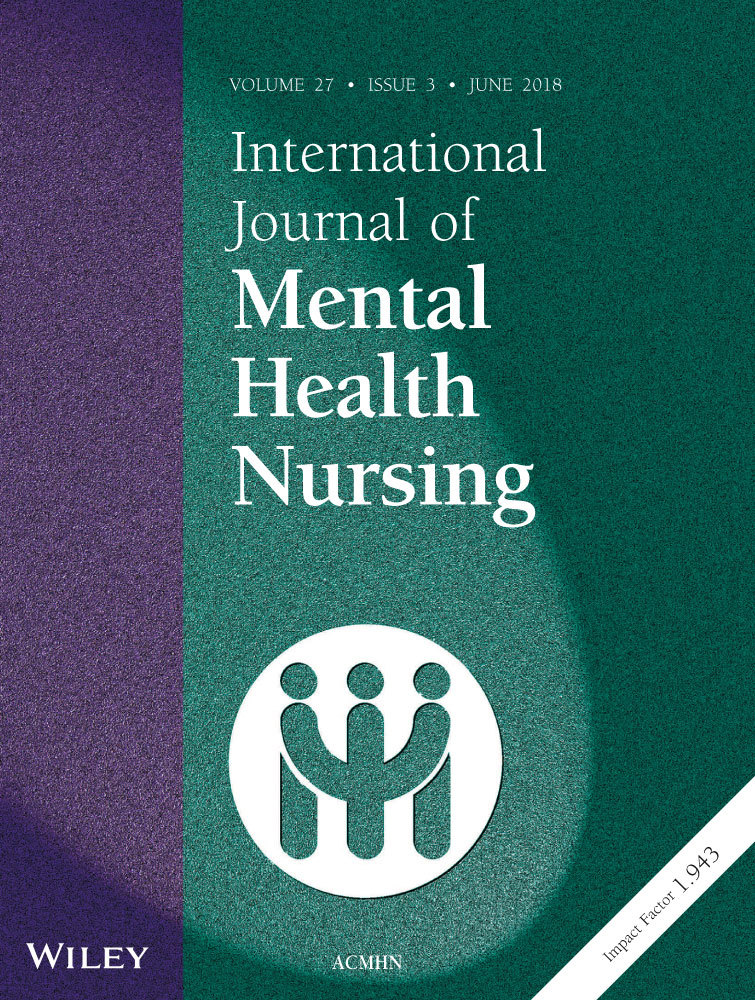Identifying and addressing sexual health in serious mental illness: Views of mental health staff working in two National Health Service organizations in England
Abstract
People with serious mental illness (service users) have needs related to sexual health and sexuality, yet these have been poorly addressed in mental health services. In the present study, we report the current practice of mental health professionals in relation to sexual health. Focus groups conducted in two mental health trusts explored routine practice in relation to discussing, assessing, and planning care in relation to sexual health. A thematic analysis identified seven themes: (i) sexual health provision is a complex issue; (ii) mental health staff are aware of sexual health needs; (iii) current provision regarding sexual health is ‘neglected’; (iv) barriers to sexual health provision; (v) enabling a discussion around sexual health; (vi) sexual health provision is a role for mental health professionals; and (vii) training needs. Mental health staff are aware of complex issues related to sexual health for service users, but this is mainly seen through the lens of risk management and safeguarding. We need to develop the mental health workforce to be able to incorporate sexual health into routine health care.




